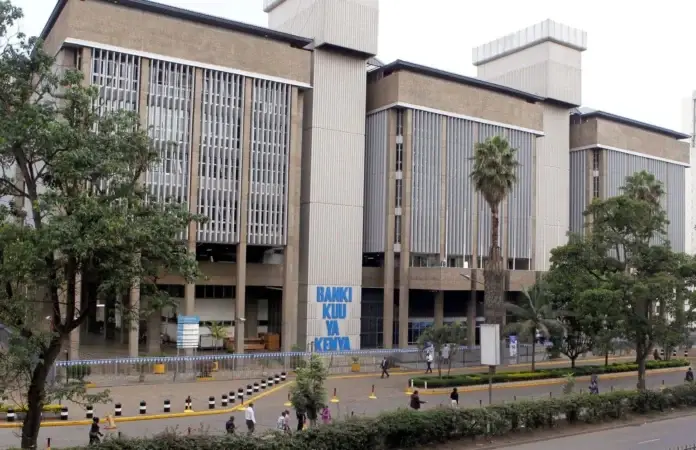Borrowers have received a major reprieve after leading banks slashed their lending rates in response to the Central Bank of Kenya’s (CBK) decision to lower the Central Bank Rate (CBR).
Co-operative Bank became the first major lender to announce a reduction in its base lending rate, cutting it from 16.5 per cent to 14.5 per cent. The lender’s Group Managing Director and CEO Gideon Muriuki confirmed that the new rates take effect immediately.
“The reduction in lending rates is intended to stimulate credit growth to key sectors of the economy, notably the MSMEs that are a critical engine to drive and sustain economic growth,” Muriuki stated.
KCB Group followed suit, lowering its base lending rate from 15.6 per cent to 14.6 per cent per annum. The revised rate will apply to new loans starting February 10, while existing borrowers will benefit from the change from March 10.
KCB explained that the move aligns with its commitment to enhancing access to affordable credit.
“The reduction in lending rates is designed to stimulate credit growth, especially in sectors vital for economic recovery,” KCB stated in a public notice.
The decision by Co-op Bank and KCB follows CBK’s move last week to lower the CBR by 50 basis points to 10.75 per cent. CBK Governor Kamau Thugge emphasized that commercial banks are expected to implement rate cuts to ensure the benefits reach consumers.


“The committee observed that while the CBR has been substantially lowered, lending rates have only decreased marginally. Banks are expected to take necessary steps to further lower their lending rates, stimulating growth in credit to the private sector,” Thugge said.
Analysts believe this could trigger a wider response in the banking sector, with more lenders expected to follow suit.
“With these measures, banks are expected to take the necessary steps to lower their lending rates further, to stimulate growth in credit to the private sector, and support economic activity,” Thugge added.
The regulator however accused banks of failing to pass on the benefit of lower interest rates to and last week warned that it would hand down penalties to lenders who continue to keep their rates high. leamng on a section of the recently amended Banking Act which allows it to punish lenders who fail to comply vvtth regulatory actions.
CBK governor Kamau Thugge said the regulator is now carryng out physical inspections of banks to expose and punish the ones that have refused to reduce their loan charges.
Those found culpable face punitive penalties of Sh20 million or three times the moneta:v gain they enjoy from charging high rates, and an additional da:ly penalty of Sh100,000 for each day of continued overcharging.
On their part, the banks earlier argued that they had locked expenstve deposits, which needed to wind down before the lenders could afford to lower thetr lending rates.
Latest CBK data on lending showed that August and December, banks had made an average reduction of 0.33 percentage potnts their rates, representing a small share of the 1.75 percentage points cut in the CBK’s base rate over the period.
Borrowers have welcomed the rate reductions, with many viewing them as a relief amid the high cost of living. Business owners, in particular, expect improved access to affordable loans to help sustain their enterprises.
Parliament recently amended the Banking Act to ensure that financial institutions pass on the benefits of lower funding costs to customers. The CBK has since warned that banks failing to comply with the new measures will face penalties.
As pressure mounts on other lenders such as Equity Bank and NCBA to follow suit, customers remain hopeful that the trend will continue, making credit more affordable across the financial sector.







